Research team
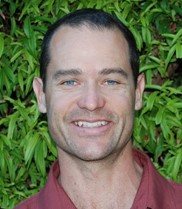
Damian Thomson
- Damian Thomson is a coral reef ecologist with expertise in biodiversity and ecology of corals, and in the design and implementation of large-scale and long-term monitoring programs. He has worked on research projects in the Pilbara, the Great Barrier Reef, Papua New Guinea and temperate Western Australia. Damian has worked at Ningaloo since 2007 and his current research is focused on understanding the processes that shape benthic ecosystems of north-western Australia, with a particular emphasis on Ningaloo and the Pilbara.
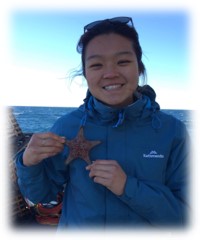
Daphne Oh
- Daphne is a PhD student at The University of Western Australia. She completed her Masters degree in 2020 focusing on the habitat association mechanism of early juvenile western rock lobsters. Daphne’s interest lies in utilising long-term ecological data to study spatio-temporal dynamics of ecological communities to better inform biodiversity conservation. She will focus her PhD research on understanding the structure and functioning of reef fish communities while providing new estimates of the abundance and diversity of fish species at Ningaloo Reef.
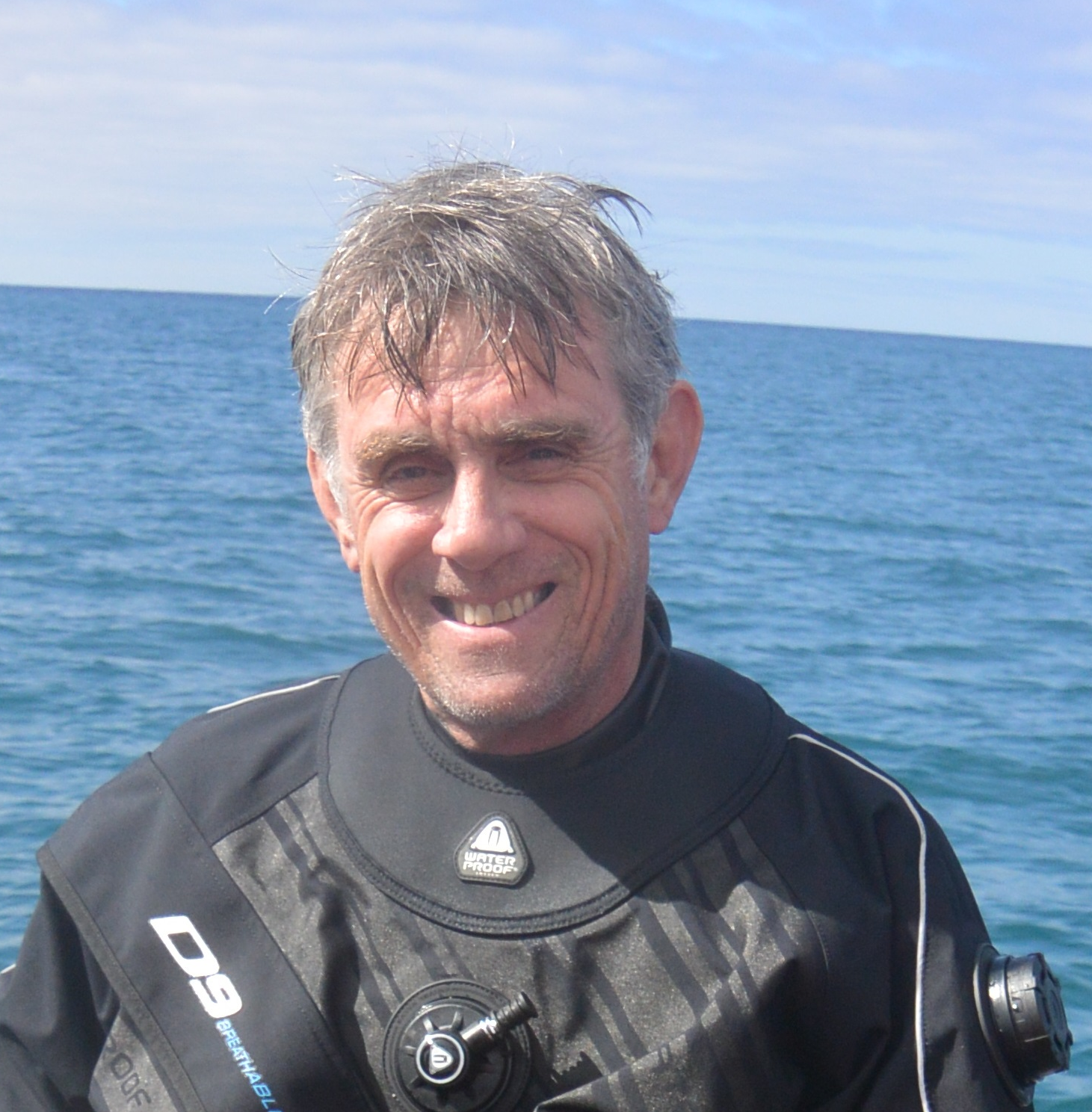
John Keesing
- John Keesing is a marine ecologist and fisheries scientist having conducted research in Australia, New Zealand, China, India and Japan publishing more than 100 scientific papers, book chapters and articles across multiple marine and environmental science disciplines. His focus in the Ningaloo Outlook program will be on trying to determine how different types of deeper (40-80 m) off-reef habitat types are structured and maintained, how these habitats are used by different types of fish and invertebrates and to determine their overall importance to the Ningaloo Reef system.
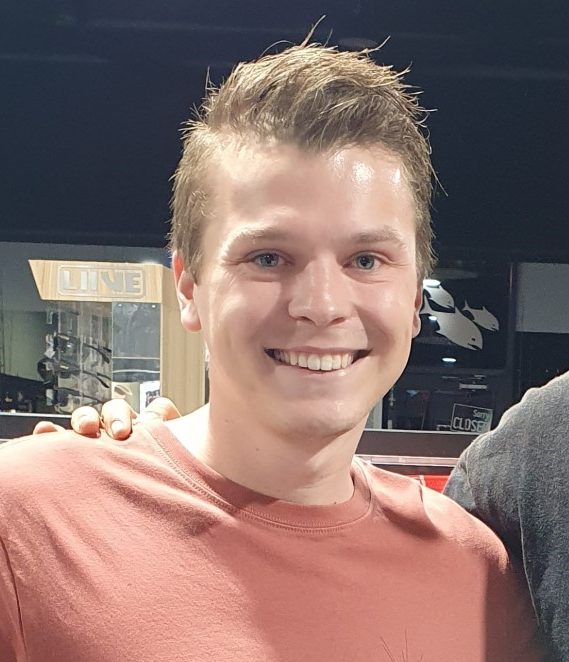
Logan Hellmrich
- Logan is a PhD student at Curtin University having completed his honours degree in coastal and marine science in 2019. His honour’s research focused on comparing and contrasting diver operated stereo video systems as a way of sampling shallow water coral reef fish with a new technique using small remote operated vehicles (ROVs) equipped with a stereo video. Logan’s interests lie within sustainable fishing, which is his driving motivation to understand ocean processes and drives that ultimately help inform conservation management.
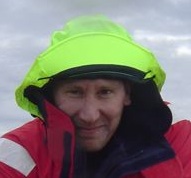
Mat Vanderklift
- Mat Vanderklift's core expertise is in studying marine food webs and the ecology of coral reef and seagrass ecosystems. He has worked on several large, collaborative and multidisciplinary projects that span over two thousand kilometres from temperate southern kelp forests to tropical coral reefs. He has worked at Ningaloo since 2006, and is currently leading research projects at Ningaloo and in the Kimberley.

Daniel Axford
- Daniel Axford is a PhD student at the Harry Butler Institute, Murdoch University. He completed his honours in Computer Science in 2021 focusing on machine learning and deep learning. As big data is transforming ecology, Daniel hopes to pioneer machine learning applications in the field. His PhD research will produce the first estimates of sea turtle abundance at Ningaloo using drone aerial surveys and explore the use of deep learning for automated image classification of drone images.
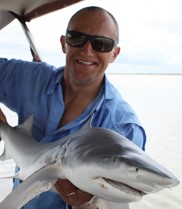
Pillans, Richard
- Richard Pillans has over 16 years experience as a marine ecologist and has worked on fish, sharks, marine turtle and crustacean ecology with an emphasis on natural resource management and conservation. His research provides data on the movement of marine reptiles (turtles), mammals (dugongs), fish and sharks using acoustic telemetry and satellite tags. He regularly advises state and federal government on issues related to conservation and management of sharks and rays.
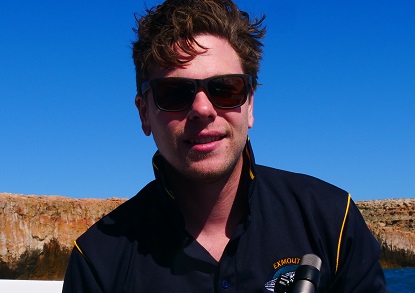
Colby Bignell
- Colby is a PhD student at the University of Tasmania and CSIRO. Having completed his honours degree in 2018 focusing on the sensory biology and neuroecology of marine fauna, he has since worked on several research projects involving marine megafauna management and conservation in South Africa, California and Cairns, QLD. Colby has a special interest in utilising new technologies to answer complex questions supporting the coexistence of humans and large fauna, and is experienced in the use of acoustics, sonar and drones to investigate the marine environment. His PhD research will explore the movement ecology of elasmobranch species at Ningaloo including reef sharks and the iconic Whale Shark to elucidate the patterns and drivers of their movement and habitat use at Ningaloo Reef.

Anthea Donovan
- Anthea is a researcher with CSIRO’s Environment Business Unit. Working for CSIRO since 2000, Anthea is a marine ecologist who works on fisheries management and marine conservation planning. She is currently working on a number of projects where her tasks include: project management and logistics, database management, data QA, analyses, stereo camera data processing, report collation, at-sea field work and fish identification and sorting. She often has the project manager and data manager roles in her teams and contributes widely to analysis of data used to inform stakeholders. In addition to Ningaloo Outlook, some of the other long-term projects she works on include Northern Prawn Fishery Monitoring and Reef Restoration and Adaptation Program (EcoRRAP and Moving Corals).
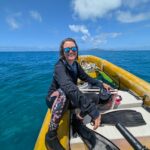
Lauren Hardiman
- Lauren has a degree and masters in marine science and has been working in the environment sector for over 10 years. Lauren supports a range of research at CSIRO that mainly focuses on blue carbon ecosystems and coral restoration. Her tasks include project management and logistics, project reporting, client liaison, fieldwork, workshop planning, and science communication.
